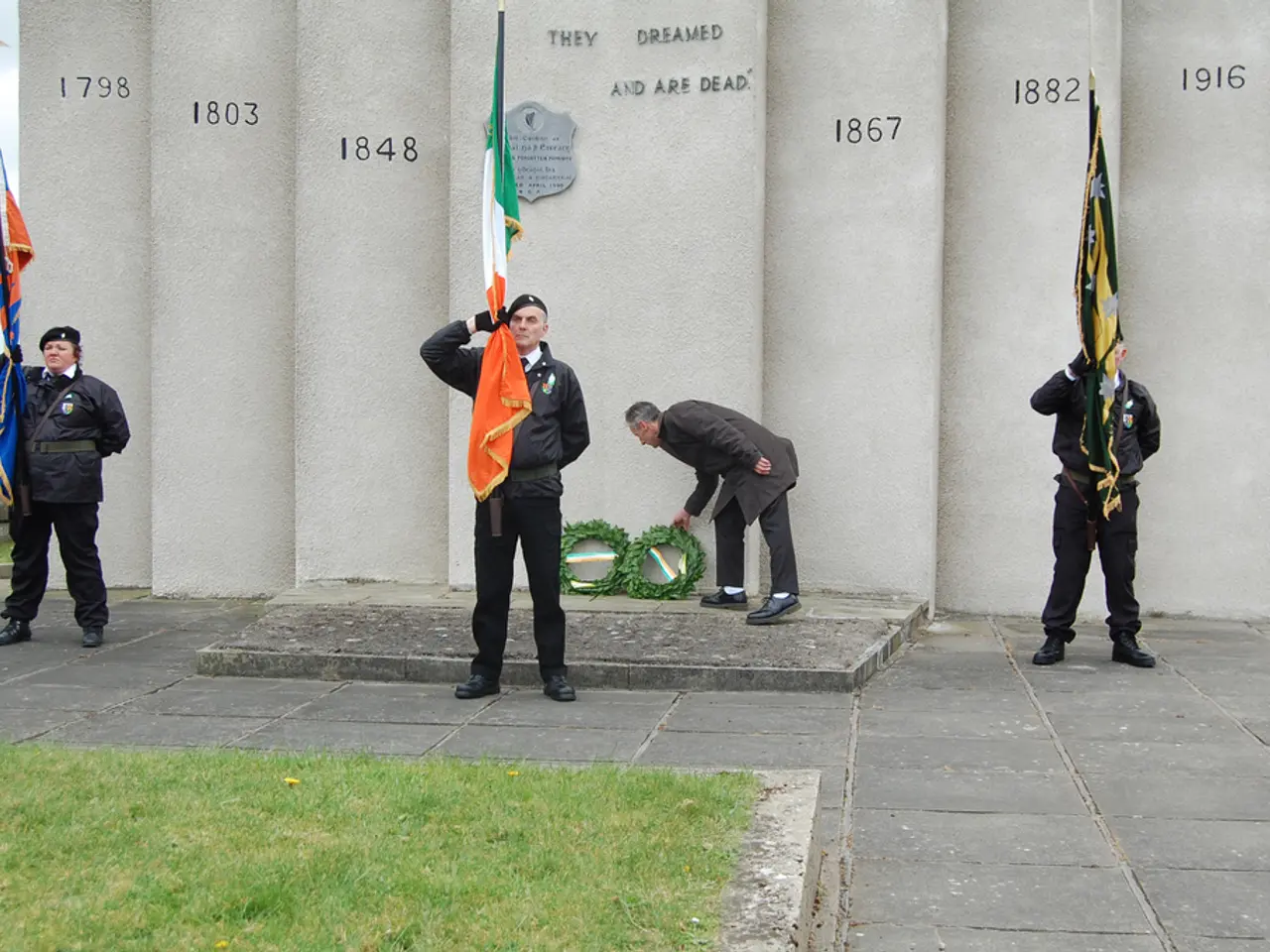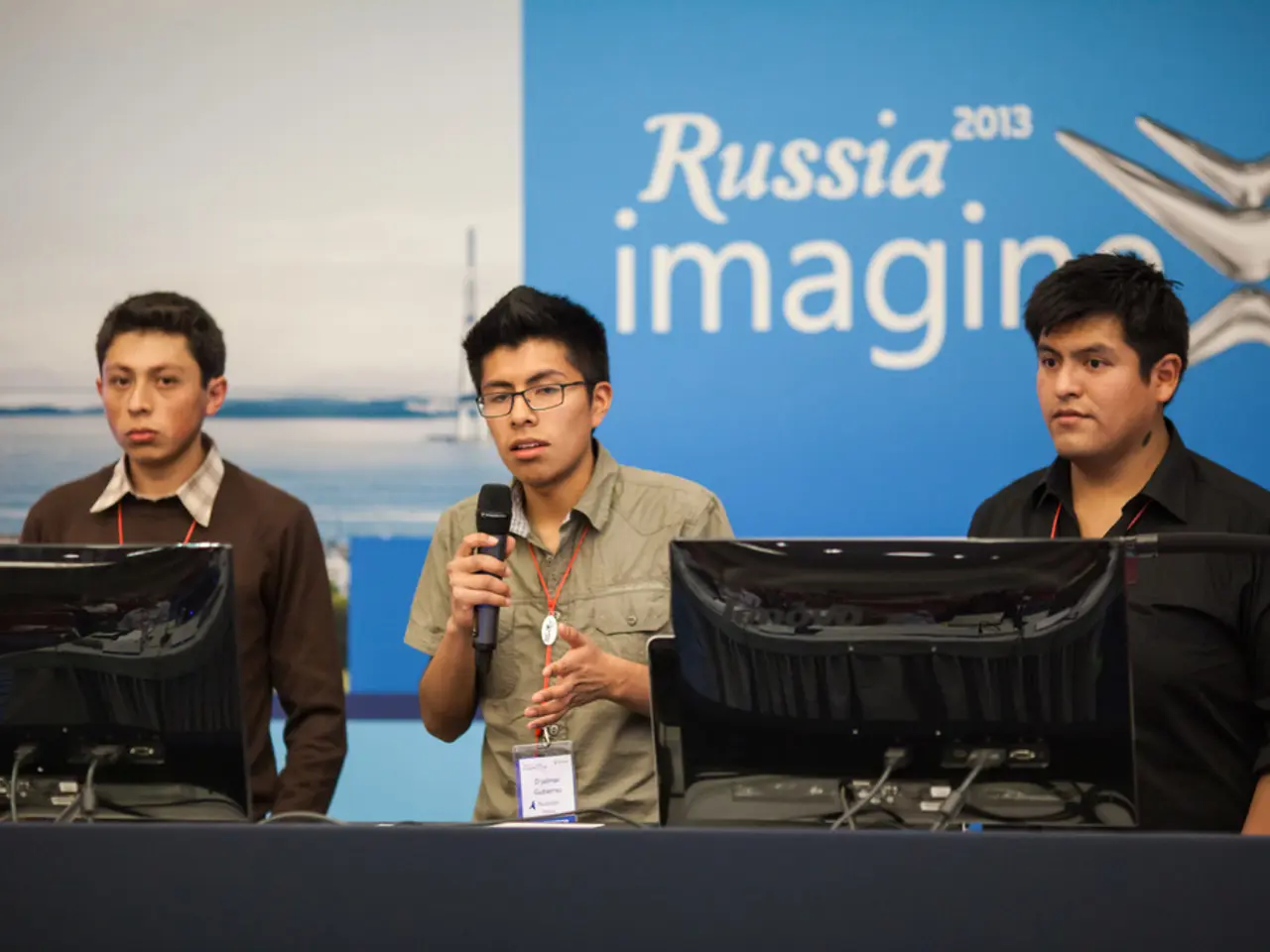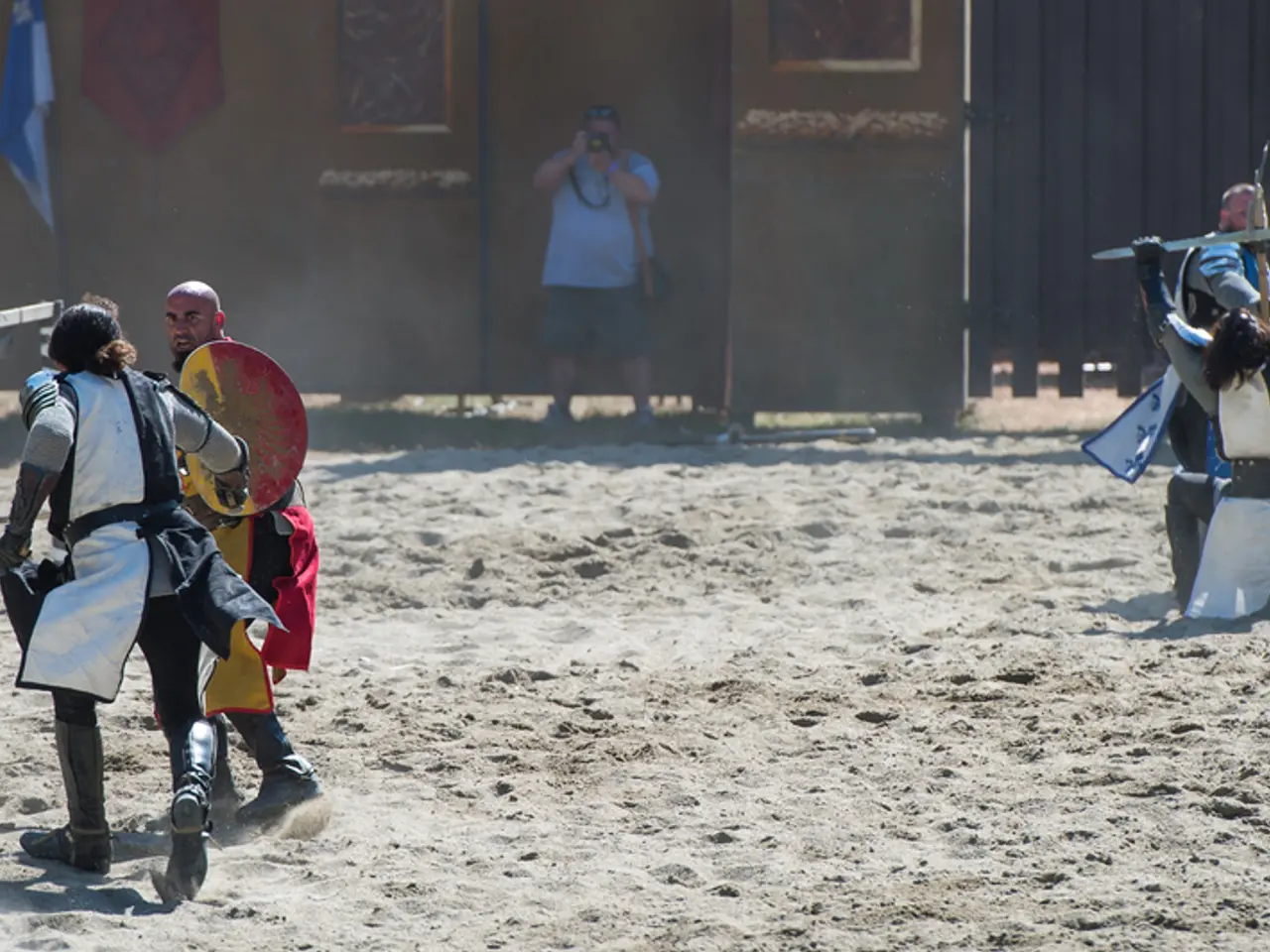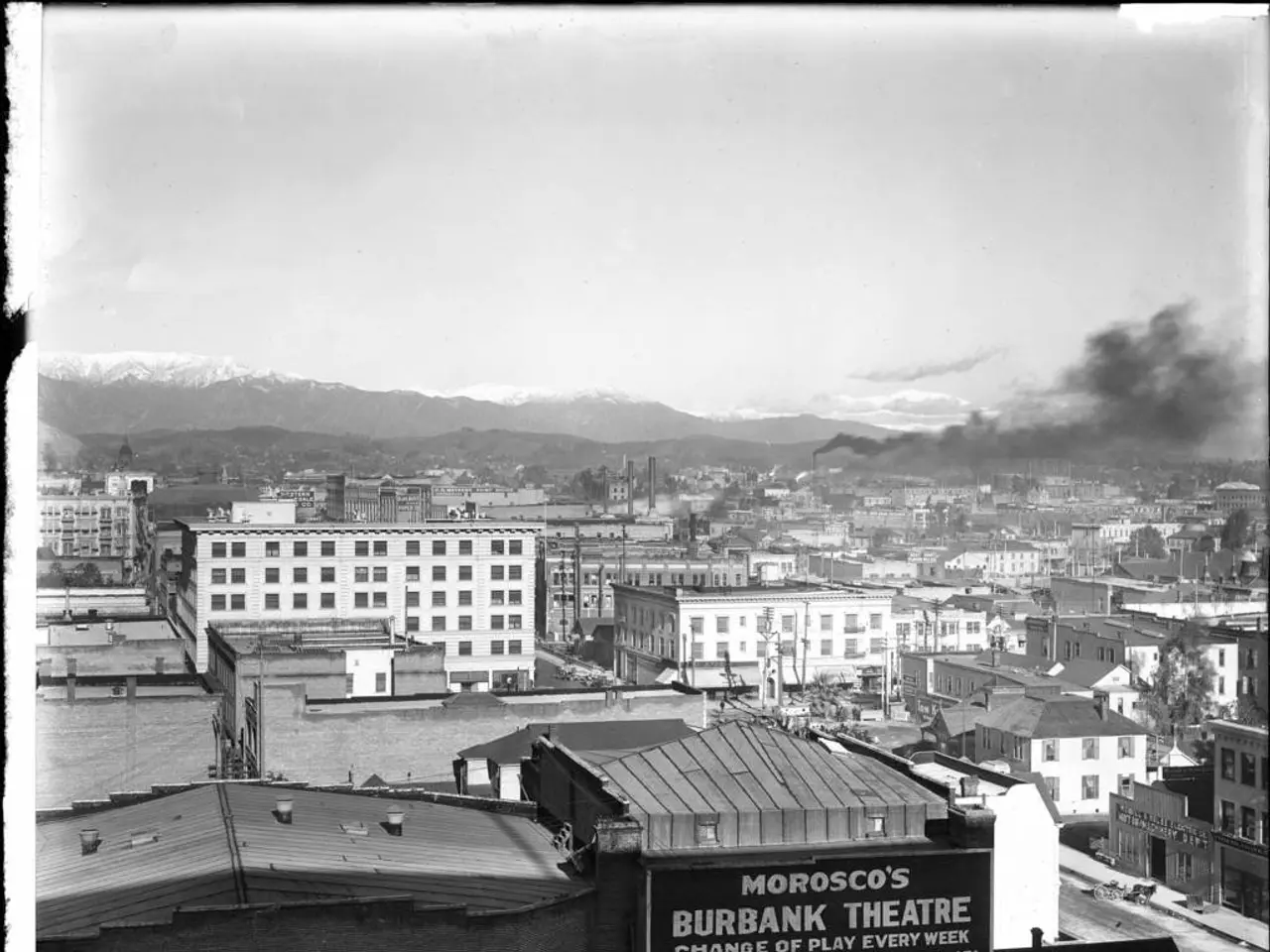John Jay's Role in the Revolutionary War: A Peaceful Architect of Change
John Jay: A Founding Father of the United States
John Jay, born in 1745 in New York City, was a key figure in the formation of the United States. His impact during the Revolutionary War and its aftermath was significant and multifaceted.
Although Jay did not see battle as an Army colonel with the 2nd New York Regiment, he was actively involved in the political arena. He was a delegate to the First Continental Congress in 1774, where he drafted The Address to the People of Great Britain, asserting colonial claims and helping to build support for independence. Jay also played a crucial role in securing approval of the Declaration of Independence in New York and assisted in drafting New York’s first state constitution in 1777.
Jay's diplomatic efforts were instrumental during the Revolutionary War. He negotiated with various Native American tribes, securing their neutrality or active support for the American cause. His role as a diplomat proved to be indispensable in garnering crucial support for the American cause, particularly in his negotiations with European powers.
One of Jay's most notable achievements was his work in Paris, where he joined Benjamin Franklin as a chief negotiator for the Treaty of Paris in 1783. This treaty officially ended the war and recognized American independence on favorable terms. Jay's prowess was evident in the negotiation of this treaty, which formally recognized American independence and delineated the boundaries of the newly established nation.
Following the war, Jay took on new roles that continued to shape the nation. He became the first Chief Justice of the United States Supreme Court (1789–1795), where he set important judicial precedents. He also negotiated the Jay Treaty in 1794 with Great Britain to resolve postwar disputes and promote trade.
Later, Jay served as the second governor of New York (1795–1801), enacting reforms including abolition of slavery in the state and improvements to the court and penal systems.
In summary, John Jay’s Revolutionary War role encompassed military service, key political leadership as president of the Continental Congress, diplomatic efforts to secure support and peace, and foundational judicial and political contributions to the new nation. His advocacy for the abolition of slavery and the establishment of a strong federal government helped to shape the nation’s principles of justice and equality. Jay’s legacy continues to be felt today, and his contributions to the American Revolution and the formation of the United States will never be forgotten.
[1] American Revolution [2] John Jay [3] John Jay (politician) [4] Treaty of Paris (1783) [5] Jay Treaty
[1] John Jay, as a delegate to the First Continental Congress in 1774, was actively involved in the political arena, drafting general-news pieces like 'The Address to the People of Great Britain' asserting colonial claims and helping to build support for independence, thus making important contributions to the politics surrounding the American Revolution.
[2] In his service as the first Chief Justice of the United States Supreme Court (1789-1795), John Jay set key judicial precedents, shaping the politics of the newly formed nation and demonstrating his continued involvement in general-news matters.






